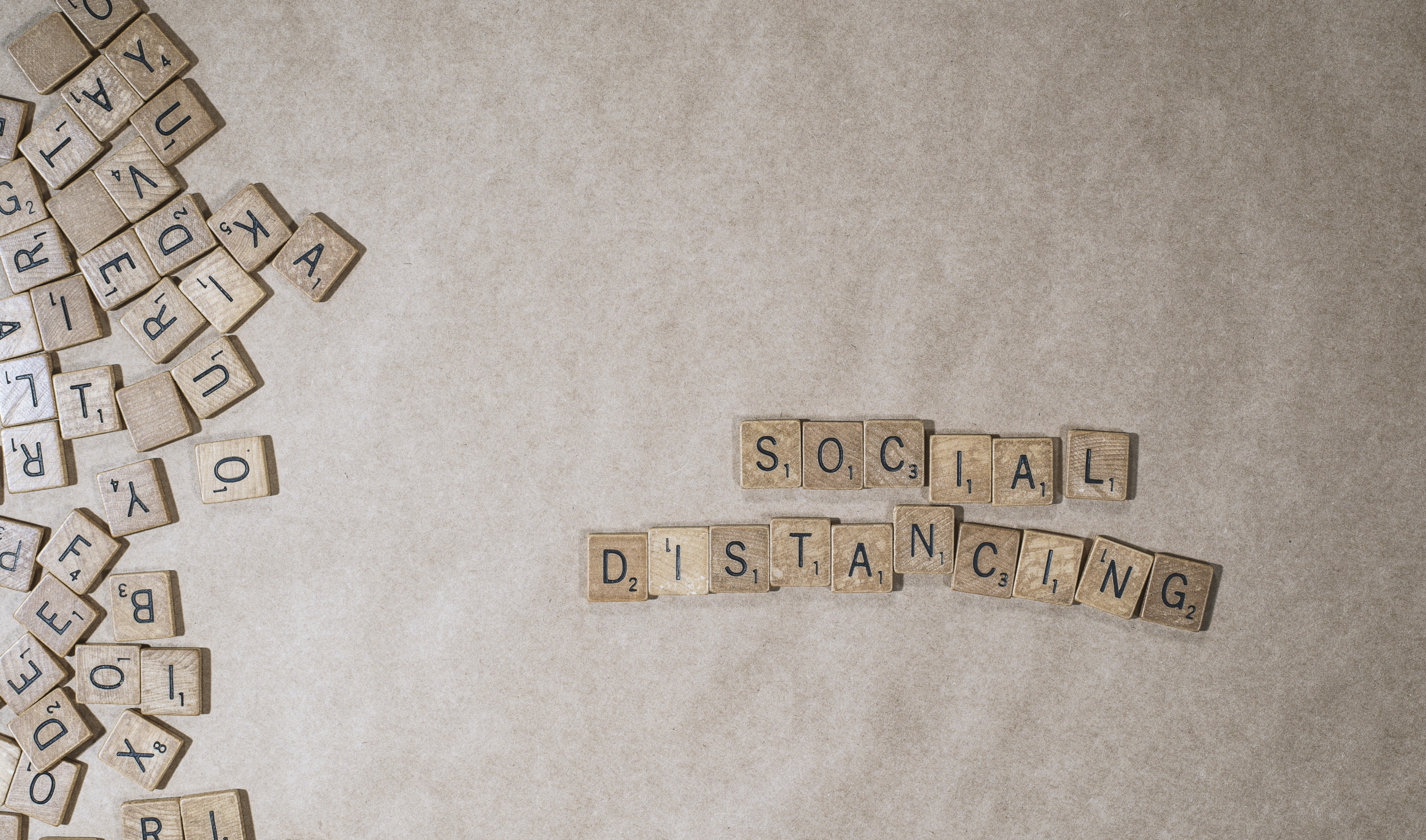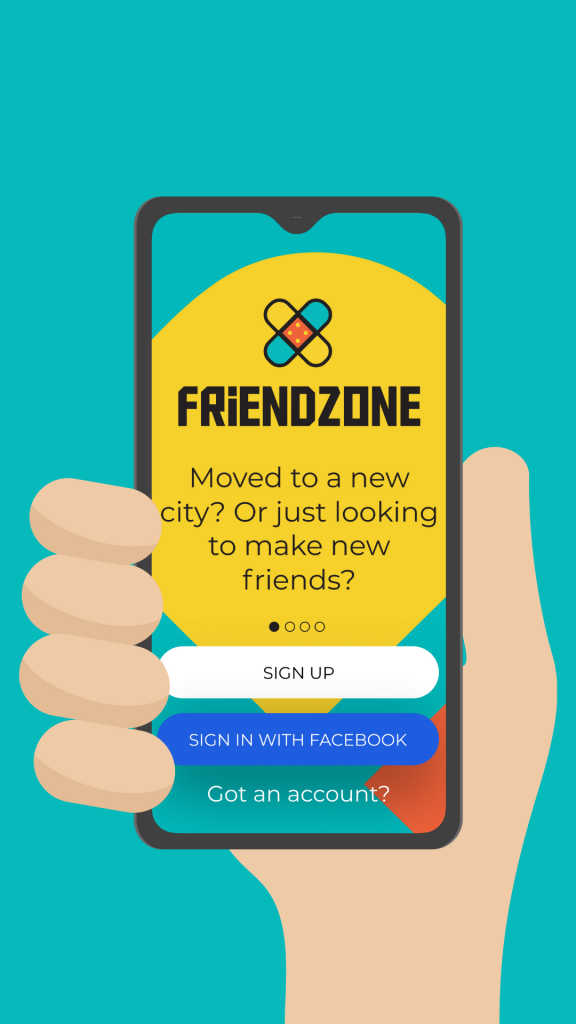3 Lessons I Learned About Living a Social Life During Covid

The covid-19 pandemic has drastically changed us, especially when it comes to living a social life. Depression, fear, and anxiety rates are through the roof, as well as loneliness being at an all-time high. But, out of all this mess, I was able to discover the true importance of socializing and how socialization is changing in the modern world. Most importantly, I was able to find out how to keep on living a social life during Covid.
These are 3 Lessons I learned about living a social life during Covid.
1.Loneliness Affects Mental Health, Much More Than Previously Thought –
It is known that humans are social creatures and need human interaction, yet, we might have underestimated how big a factor socializing plays in mental health. A survey found that roughly 65% of participants reported increased feelings of loneliness. On top of that, 80% of people aged between 18-35 showing significant depressive symptoms since the start of the Covid-19 pandemic.
Loneliness is one of the main causes of many mental health disorders including stress, depression, and emotional inertia. In a world where every day seems to be getting less personal, the Covid-19 pandemic emphasized the need for humans to have social interaction. We can do this either by keeping in touch with family and friends or by building new relationships to live a mentally healthy life.
Living a social life is crucial to look after mental health, especially during the Covid-19 pandemic.
2. Technology Matters More Than Ever –
Digitalization was and has been of course inevitable even before the pandemic. However, before covid, most social interactions were done face to face: eating out with family, or going to the movies with long-time friends.
We still have a long way to go for daily life to be back to normal. And let’s face it… Technology is the new normal. Technology is everywhere now, especially when it comes to socializing. Social apps like Instagram, Facebook, and Twitter have seen an increase in users since the pandemic to keep in touch with friends and family. An increase in Tinder users also shows that more people are trying to fulfill their dating needs online as well.
The effects technology has had on us during Covid-19 will be long-lasting, even after the pandemic.
Technology is and will continue to change the way humans socialize.
3.Get Creative on How to Socialize –
Just because physical distancing is in place does not mean that socializing has to be affected. Humans are built to adapt. This is no different. We humans must adapt our ways of socializing to the new norm.
Examples of achieving this are pretty easy as well:
- Turn casual connections such as neighbours or work colleagues into friends to widen your social network
- Stay connected with old friends via social media
- Get out of your comfort zone by using technology meeting new friends online
In an era where physical distancing is at its highest, social distancing does not have to be.
How can FriendZone help?
Now, you might be asking yourself how you can apply these concepts in real life to keep on living a social life during the Covid-19 pandemic. One of the few ways I was able to achieve all 3 at once was with FriendZone.
FriendZone is a new application that helps you find new friends online. Users can pick over 150 interests as well as write their own interests in their bio. Through a complex algorithm, FriendZone makes it easy to find new friends who are perfect for you. This way you can find like-minded people to share your interests with!
FriendZone is the perfect way to creatively socialize with new friends and to broaden your social circle either locally or around the world all online.
The way technology is being embraced by everyone these days as well, FriendZone is a must-download app to live a mentally healthy life by expanding your social circle and adapting to these rapidly changing times.



